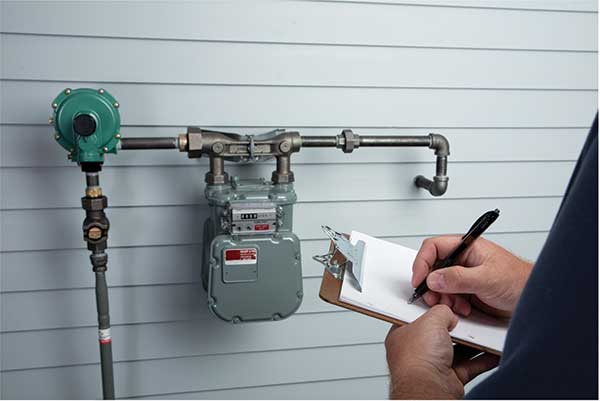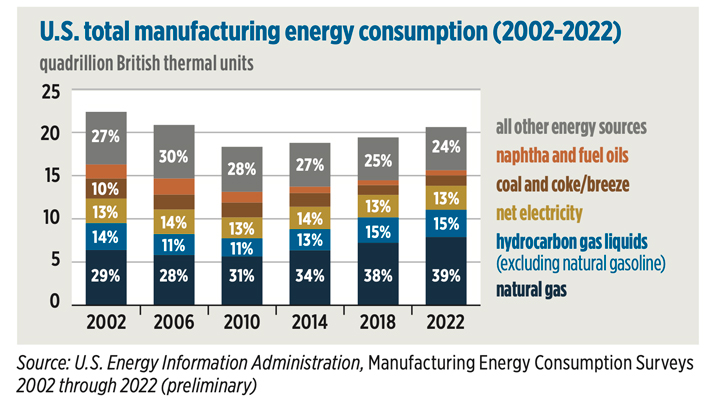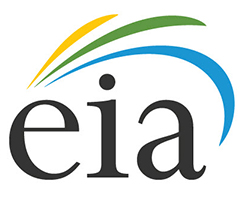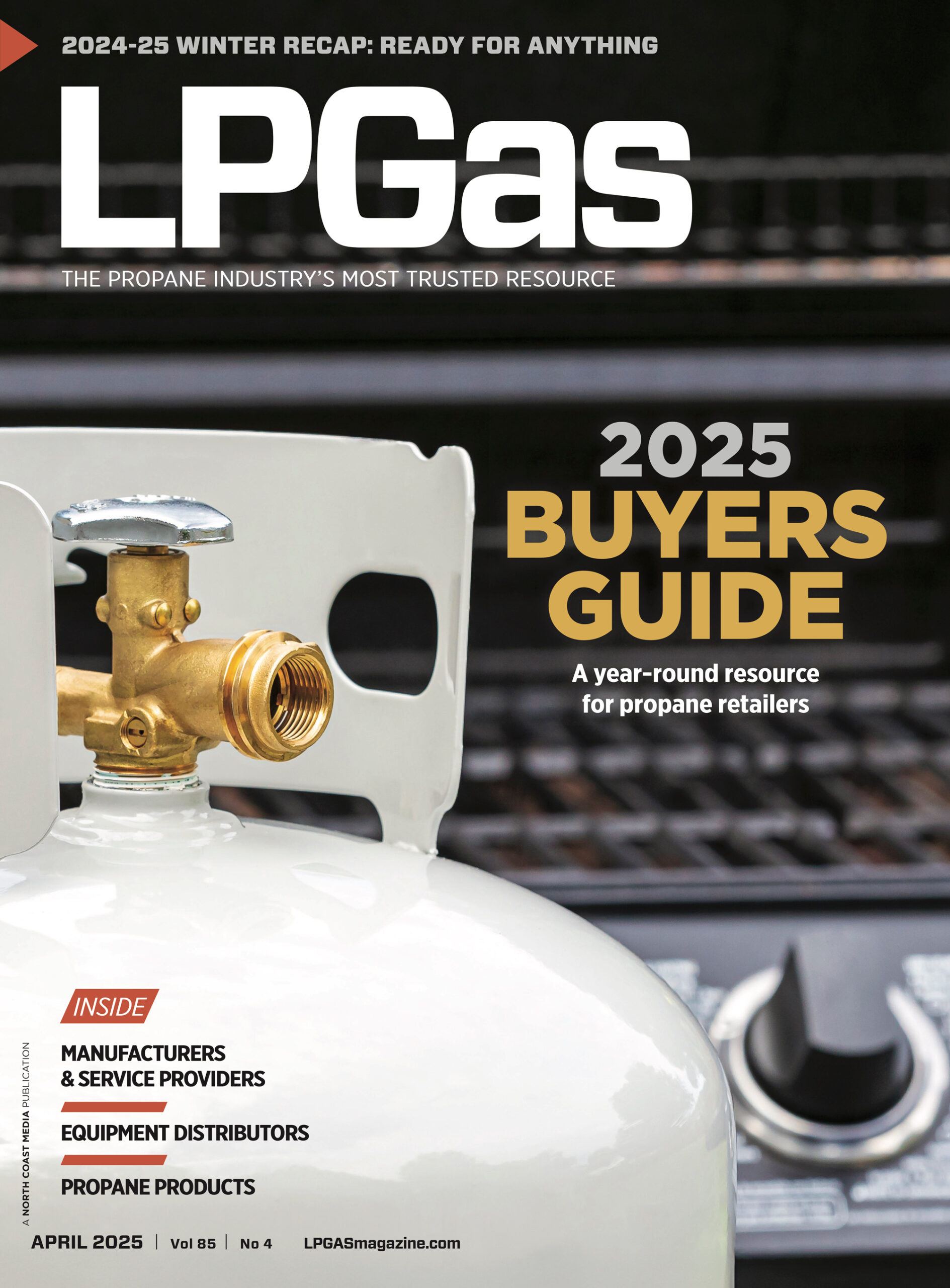Propane Personality: Christopher Wagner
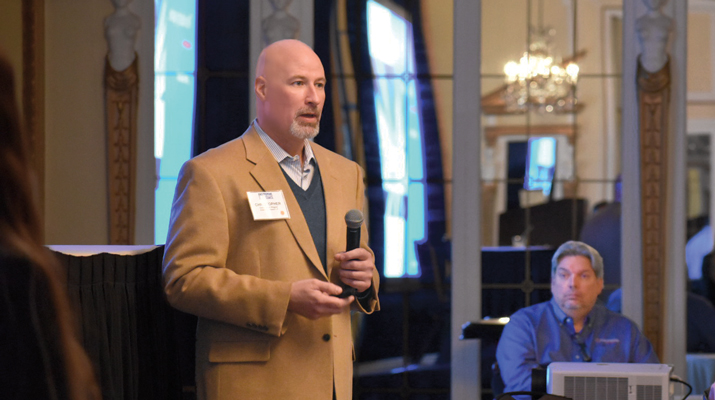
Christopher Wagner
Vice President, Codes, Standards and Safety, National Propane Gas Association (NPGA)
Education
Michigan State University
Work Experience
December 2024-Present
Vice President, Codes, Standards and Safety
2010-24
• Director of Compliance and Regulatory Affairs (AmeriGas Legal Department)
• Director of Safety Compliance and Training
• Northeast Region Safety Manager and Corporate Administration Manager
• Northeast Region Safety Manager
Prior to propane
As a Michigan State University student, Wagner realized he wasn’t interested in an office job. Presented with an opportunity to join the U.S. Coast Guard, he became a federal law enforcement officer instead.
From there, he entered the fire service industry, leading to specializations in code enforcement, fire response and hazardous materials mitigation. Ultimately, he became a chief officer in fire service, prior to entering the private sector.
“While specializing in chemical emergency response, I was offered opportunities to continue my education in chemistry, advocacy, code and standard interpretation, and navigation.”
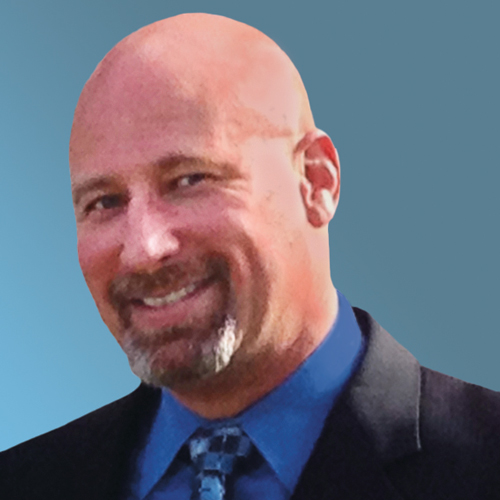
Joining AmeriGas
Unsurprisingly, Wagner’s initial experience with propane began in the fire service and chemical emergency response industry, as he responded to worldwide chemical incidents and disasters.
Due to these experiences, he joined AmeriGas in 2010, leading to a 14-year career within its safety and legal departments. Through his service in four roles, he improved AmeriGas’ safety and compliance while implementing safety metrics, policies, procedures and training programs. At one point, he even led its national safety compliance team.
Modernizing education
For five years, Wagner also assisted the Propane Education & Research Council (PERC) Advisory Committee, serving as chair of the safety and technical training working group. While doing so, he helped modernize PERC’s education programs, leading to the creation of the PERC Educational Program.
Transitioning to NPGA
“During my time with AmeriGas, I was heavily involved in advocacy for AmeriGas interests, as well as those of the LP gas industry. This included membership on multiple National Fire Protection Association technical committees, ANSI standards organizations and the CSA Group.”
Throughout his AmeriGas career, Wagner was involved in lobbying and interacting with federal and state regulatory agencies, as he advocated for equitable and reasonable regulation for multiple industries.
“When I learned Bruce Swiecicki (vice president and chief technical officer) planned to retire in February 2025, it became a natural career progression for me to join the NPGA team and continue my advocacy work on an industry-wide level.”
Passion for propane
While looking back, Wagner believes his passion for the propane industry began when he first spent time with employees like drivers, dock workers and technicians. To understand their viewpoints on topics like rules, regulations and training, he spent time regularly with them at AmeriGas.
“My time with these professionals, who make the propane world go round, shaped my passion and belief in our industry.”
Advancing the industry
In his current role at NPGA, Wagner uses the field experience he’s gained over the years – experience that enabled him to interact with every level of LP gas organizations.
“My passion is to help advance the propane industry. And my goal is to support everyone in the propane industry throughout their journeys to world-class safety and compliance. To do so, I advocate on behalf of this great industry, made up of even greater people.”
Advice for propane marketers
Wagner believes “a culture of safety begins with a willingness to have real and vulnerable conversations with team members.” Line management commitment is critical, but a propane marketer can only “be as safe as their least committed person.”
Rather than focusing solely on safety training, Wagner advises marketers to have openness, engagement and acceptance concerning any safety risks their organizations have created.
“Marketers shouldn’t look at additional steps – which ensure everyone returns home in the same condition they came to work – as an inconvenience, but an opportunity to be better.”








